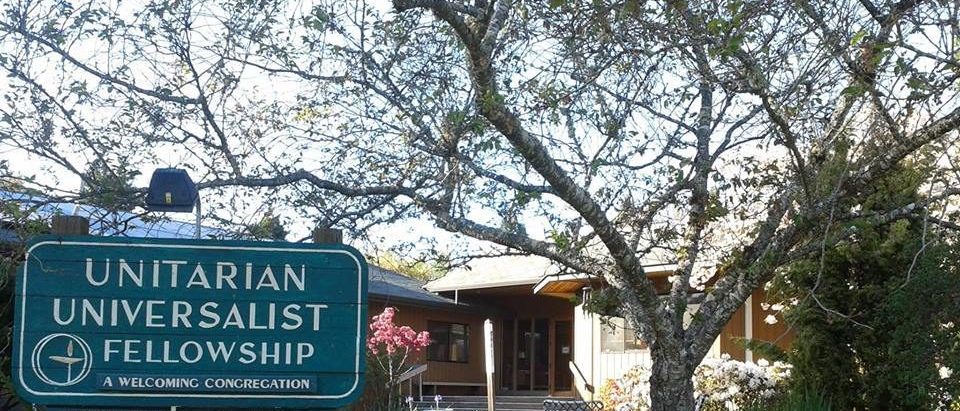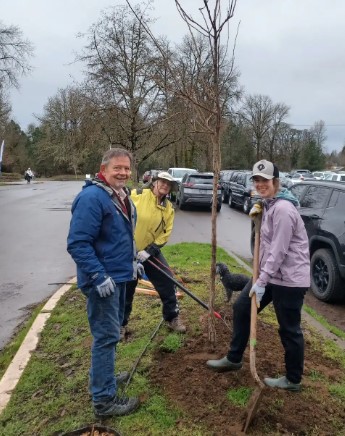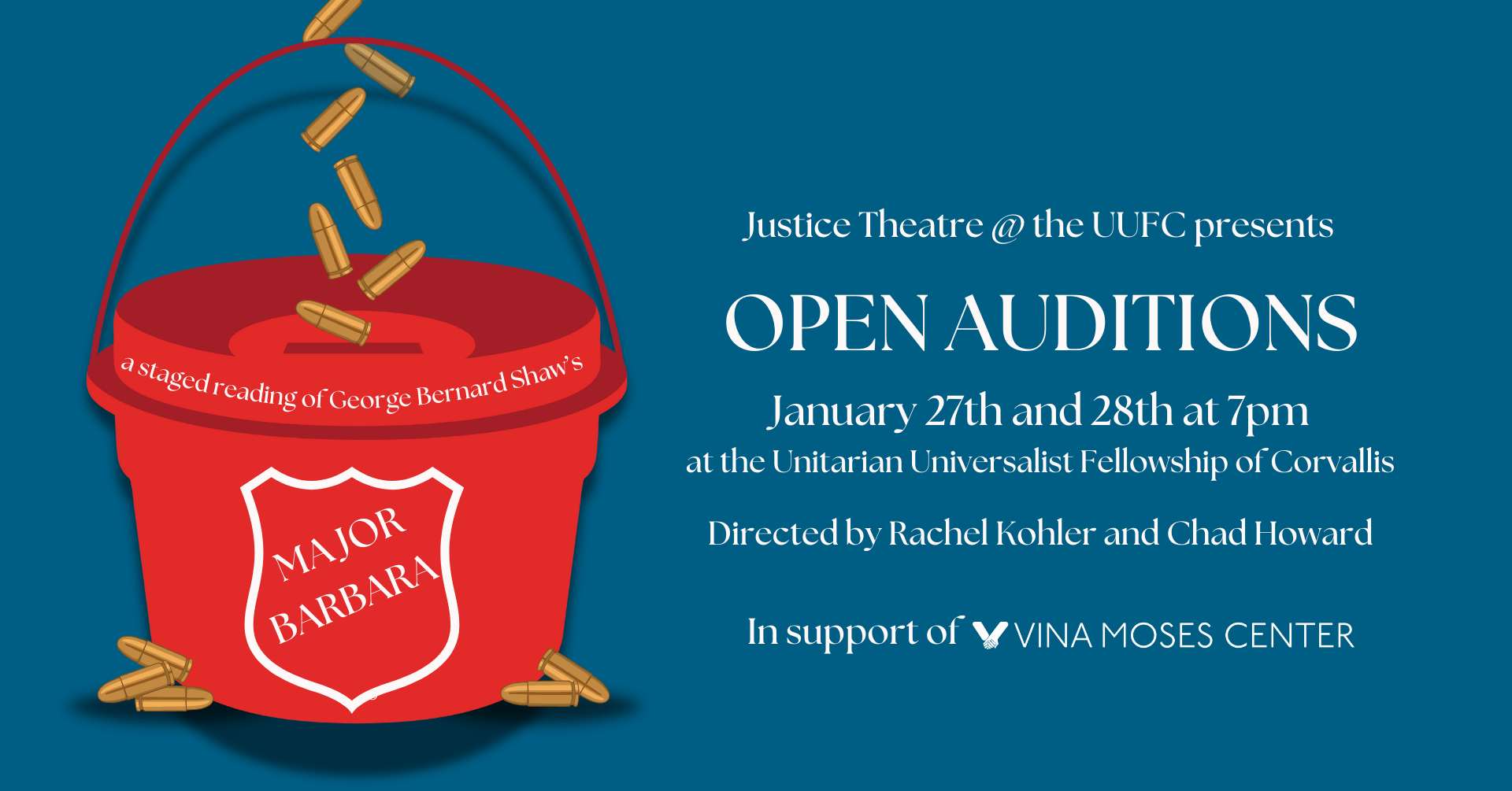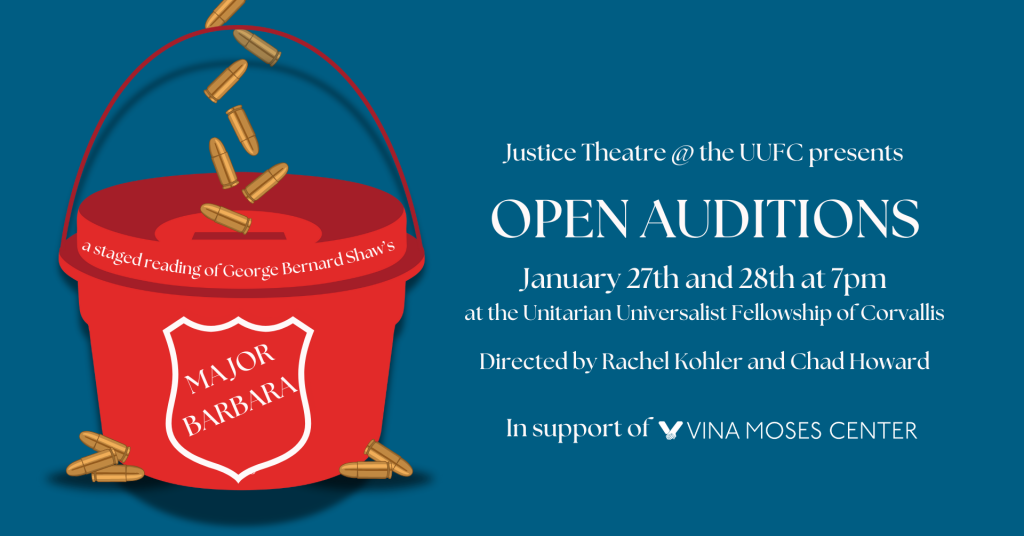Just in case you’ve wondered whether or not the Fellowship, or UUism, has done or is doing enough to make things better (or perhaps to change all the things that need to be changed in the world – as if we could) here’s a heartening report from the wider world. Perry Bacon Jr, an opinion writer for the Washington Post, recently wrote an article (Nov. 27, 2024) encouraging folks to stop doomscrolling and choose from a list of five more constructive actions. #2 on his list is this: “Join a Unitarian Universalist Congregation.” He writes:
“If you’re part of a Christian, Muslim, Jewish or other religious group that meets regularly and engages politically, skip this. But there is a growing number of Americans, particularly on the left, who are religiously unaffiliated and not regularly congregating with people who share their values.
They should consider the Unitarian Universalists. I recently started regularly attending a UU service in Louisville. It’s much more political than the Christian churches I have previously been a member of. That turned me off at first. Since politics is essentially my job, I try (usually unsuccessfully) to avoid discussions of elections and government in my off-hours. And I was leery of a church whose openly liberal values would clearly turn off Trump supporters and therefore ensure a congregation that didn’t include many Republicans.
But before the election, church members engaged in politics in a practical way, encouraging congregants to go canvassing in opposition to a proposed constitutional amendment here to create a school vouchers program. (It failed.) So at least on Sundays, I was in a community of people working on a concrete, discrete local issue, as opposed to nervously speculating about Vice President Kamala Harris’s poll numbers.
Post-election, I was relieved to be in a space where we openly discussed shared values and ideals we felt had been rejected by America in electing Trump, such as support of immigrants and LGBTQ+ people.”
It’s encouraging to hear that our message and our approach are helpful! If you’ve been here awhile, doing exactly the work that Bacon describes, then take a moment to appreciate the fact that it does make a difference. (Share your appreciation with others). And if you are new to the Fellowship, perhaps looking for what Bacon describes, we welcome you! The world needs all of us, to keep these values and commitments alive and growing.







